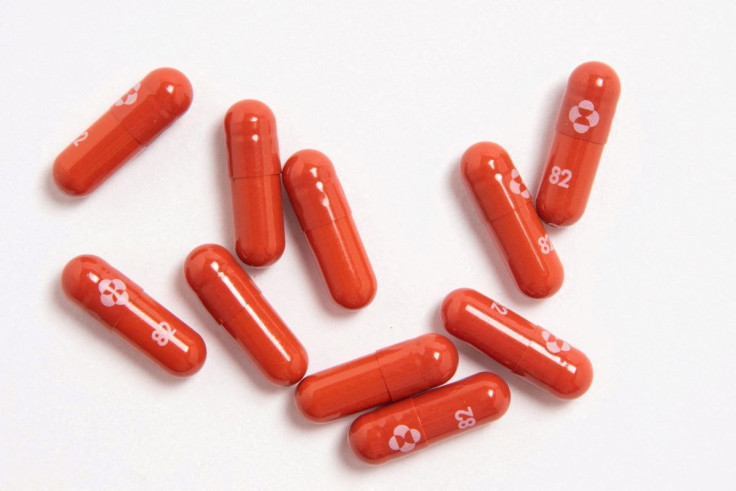Merck Profit Tops Expectations On Demand For COVID Pill, Cancer Drugs

Merck & Co on Thursday reported quarterly profit and sales that beat estimates and raised its full-year forecasts on strong demand for top-selling cancer drug Keytruda, its Gardasil vaccine and COVID-19 antiviral pill molnupiravir.
The U.S. drugmaker's shares rose 2.1% to $86.15 before the opening bell as revenue rose 50% to $15.9 billion, with most of the growth coming from sales of molnupiravir, which was approved in November.
Analyst had expected sales of $14.7 billion, according to Refinitiv data. Excluding molnupiravir sales, revenue grew 19% in the first quarter.
Robust sales will help Merck's acquisition plans as it looks to diversify before Keytruda's loss of exclusivity in 2028, said Millie Gray, analyst at Informa Pharma Intelligence.
Sales of Merck's cancer immunotherapy Keytruda rose 23% to $4.8 billion, about $300 million more than analysts had forecast.
Gardasil, which prevents cancers linked to human papillomavirus, brought in $1.46 billion in the quarter, around $200 million more than Wall Street estimates, thanks to strong demand especially from China, Merck said.
Molnupiravir sales stood at $3.2 billion, topping analyst estimates by around $100 million.
Enthusiasm for the pill, developed with Ridgeback Biotherapeutics, has waned since it was shown to be about 30% effective in reducing hospitalizations, far lower than a rival antiviral therapy from Pfizer Inc.
Merck expects $5 billion to $5.5 billion in molnupiravir revenue based on sales of 10 million treatment courses to around 40 countries, Chief Financial Officer Caroline Litchfield said in an interview.
"We have the capacity to supply more to the market and it really depends with what happens with the pandemic. It depends on whether we do see more outbreaks, new variants," Litchfield said.
Excluding one-time items, Merck earned $2.14 a share, easily topping analysts' average estimate of $1.83.
The drugmaker raised its forecast for annual profit to $7.24 to $7.36 per share and sales to $56.9 billion to $58.1 billion, from its previous view of $7.12 to $7.27 a share and revenue of $56.1 billion to $57.6 billion.
© Copyright Thomson Reuters {{Year}}. All rights reserved.




















